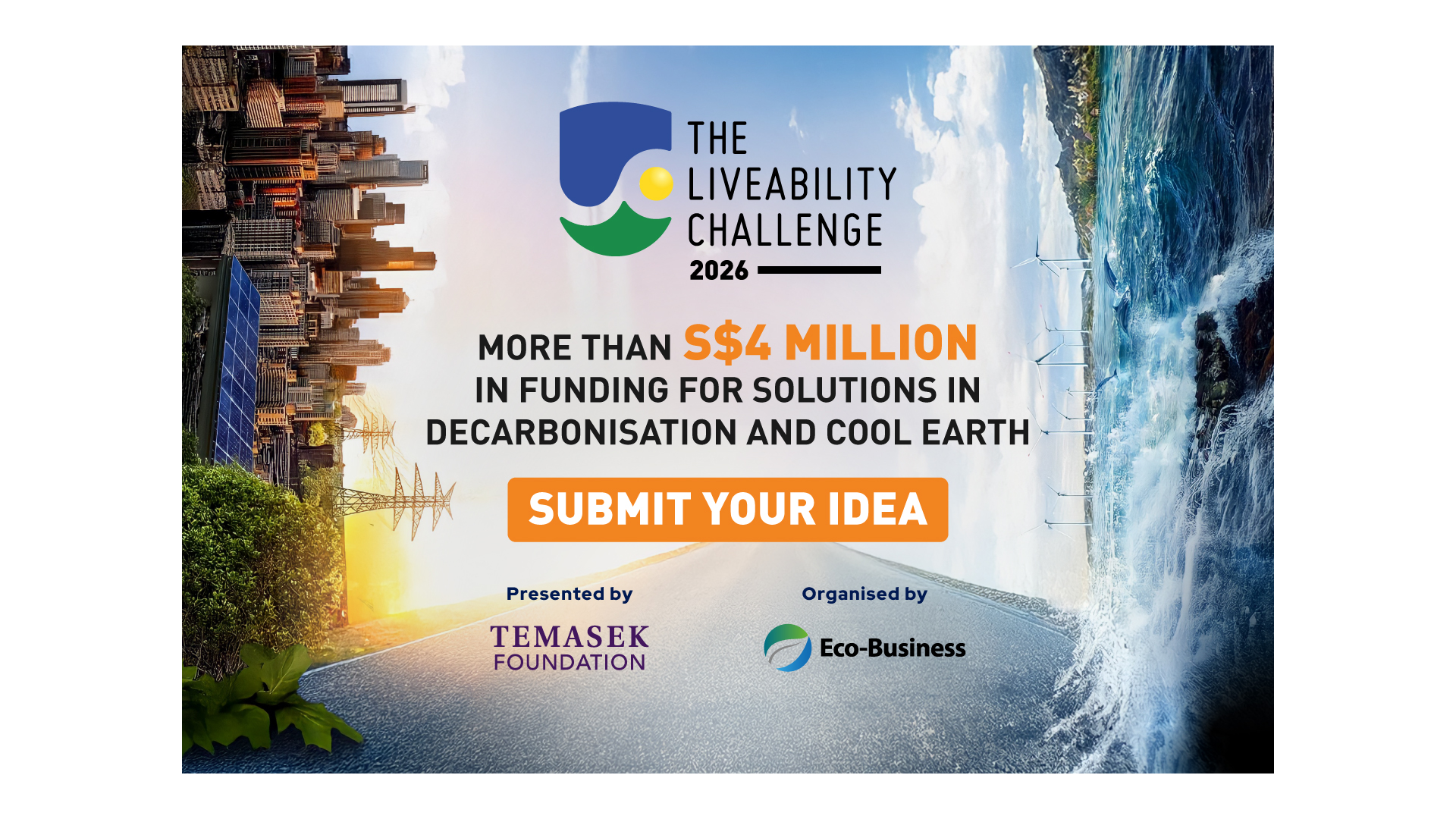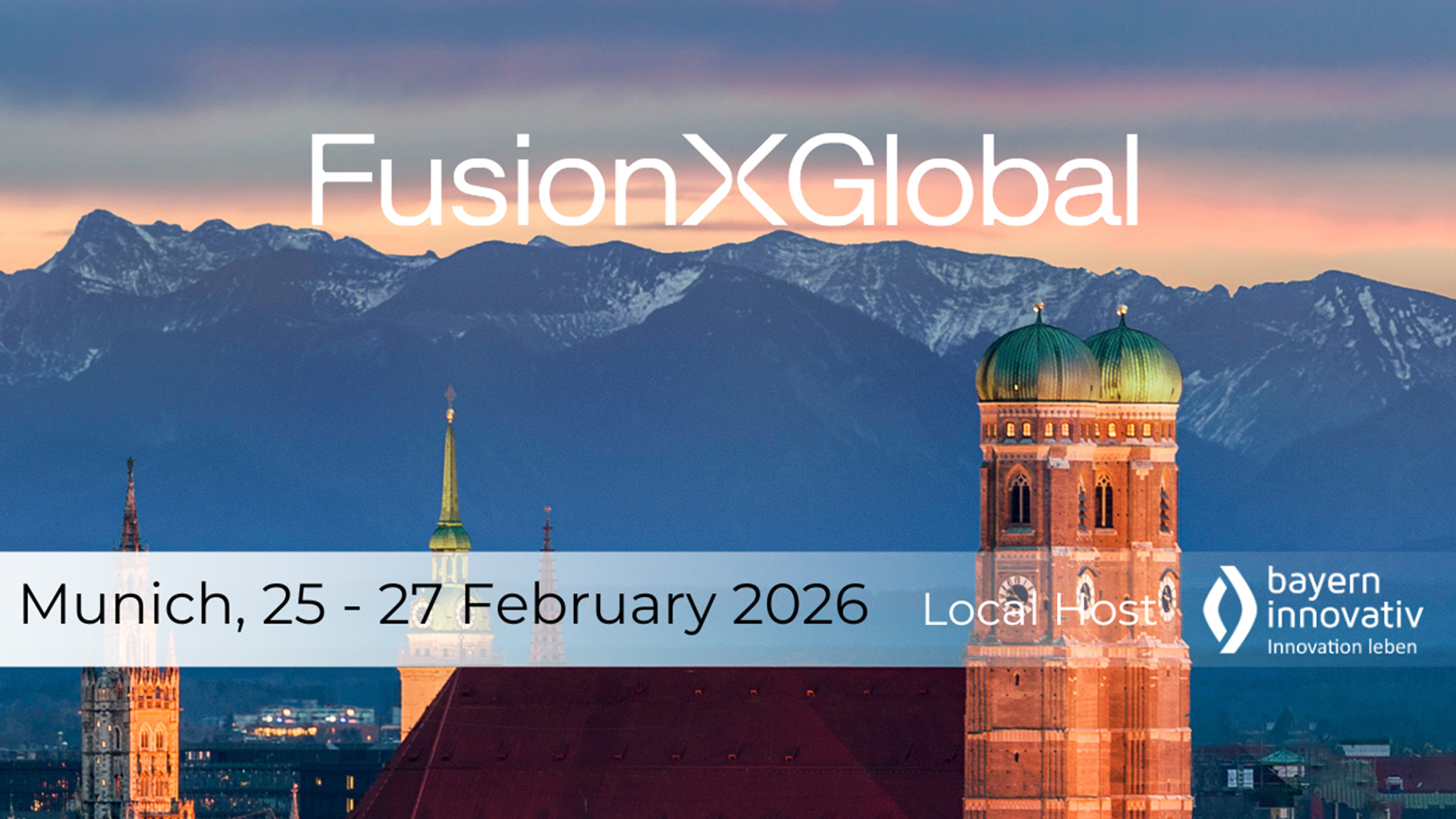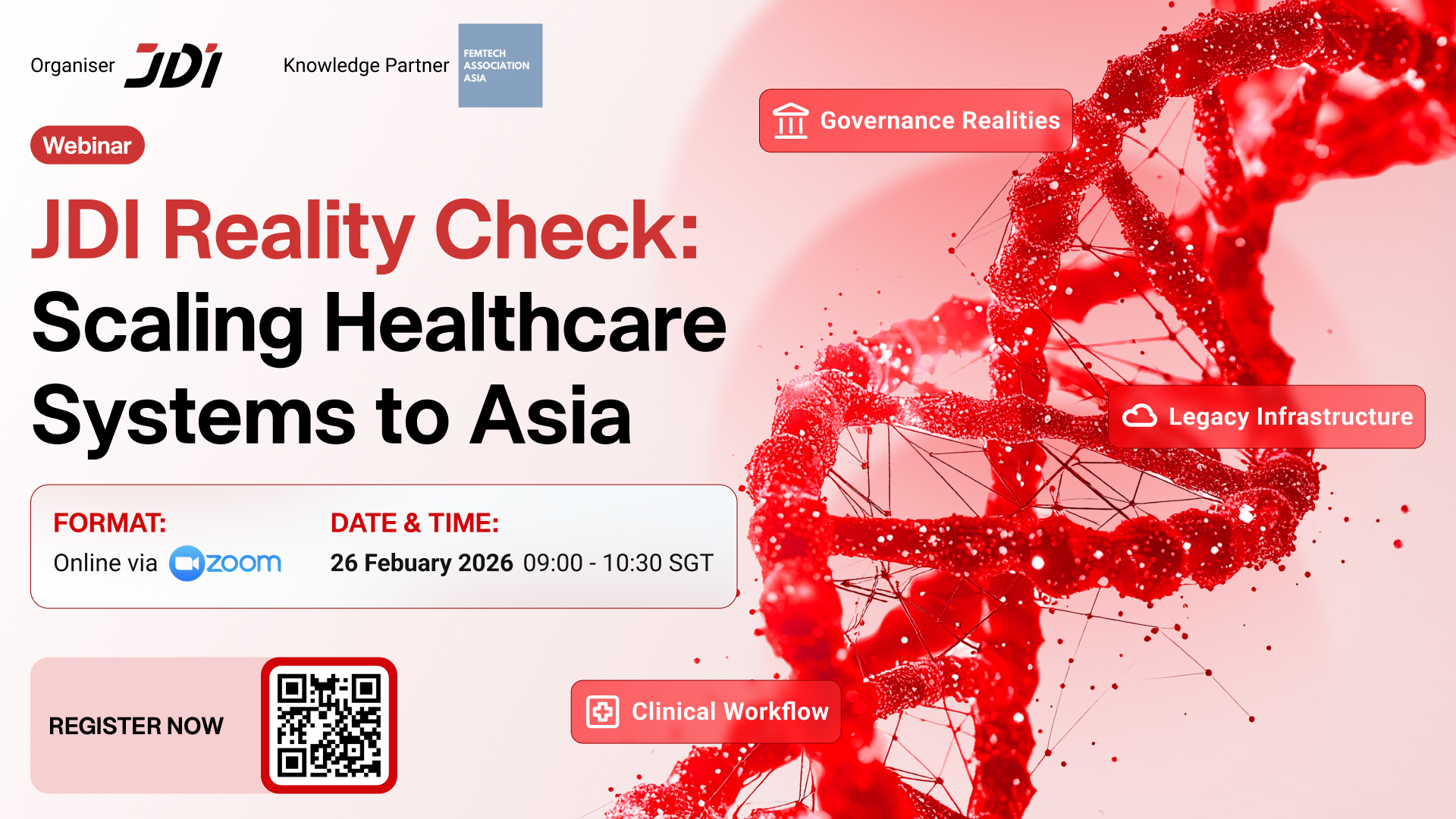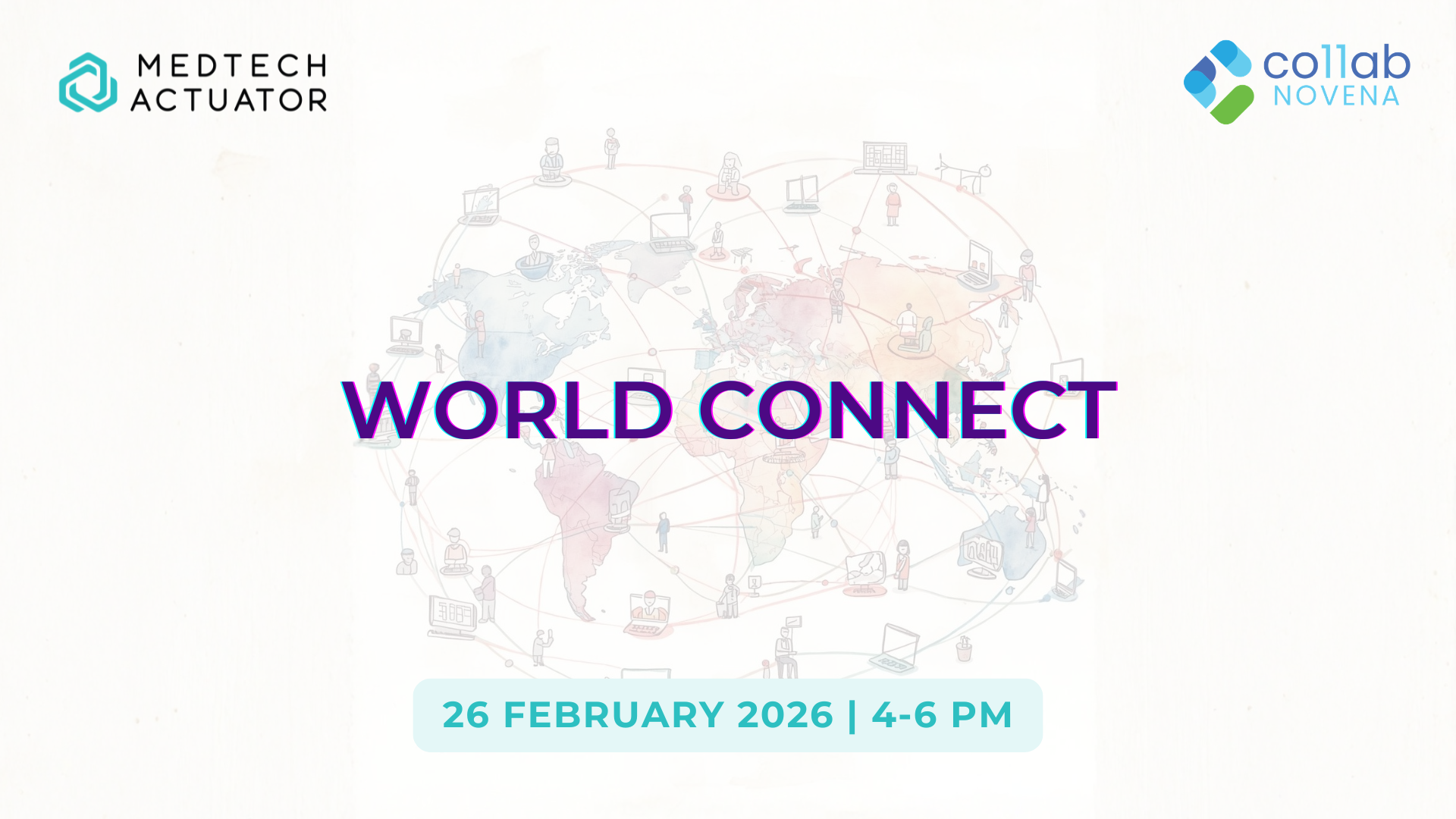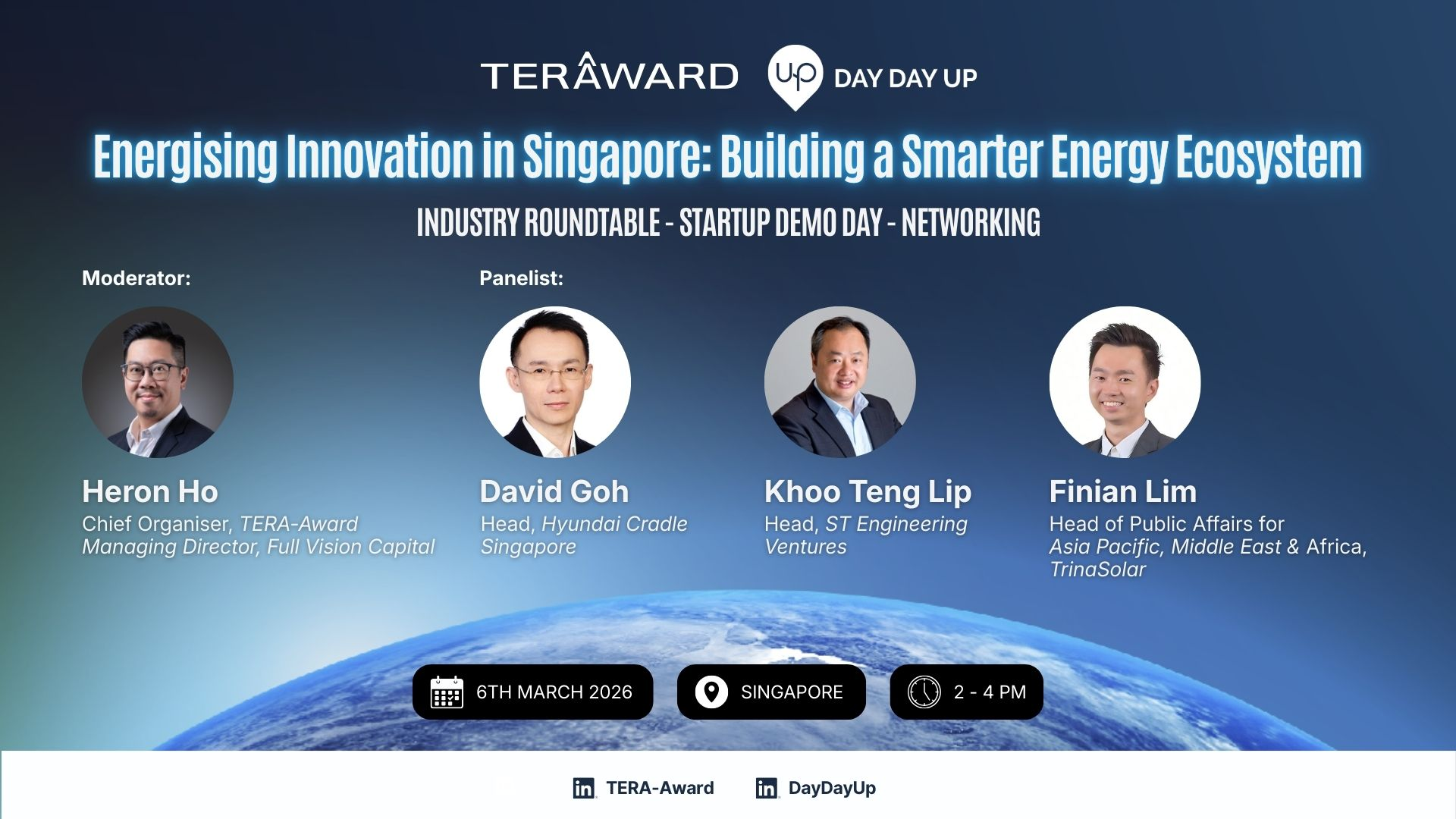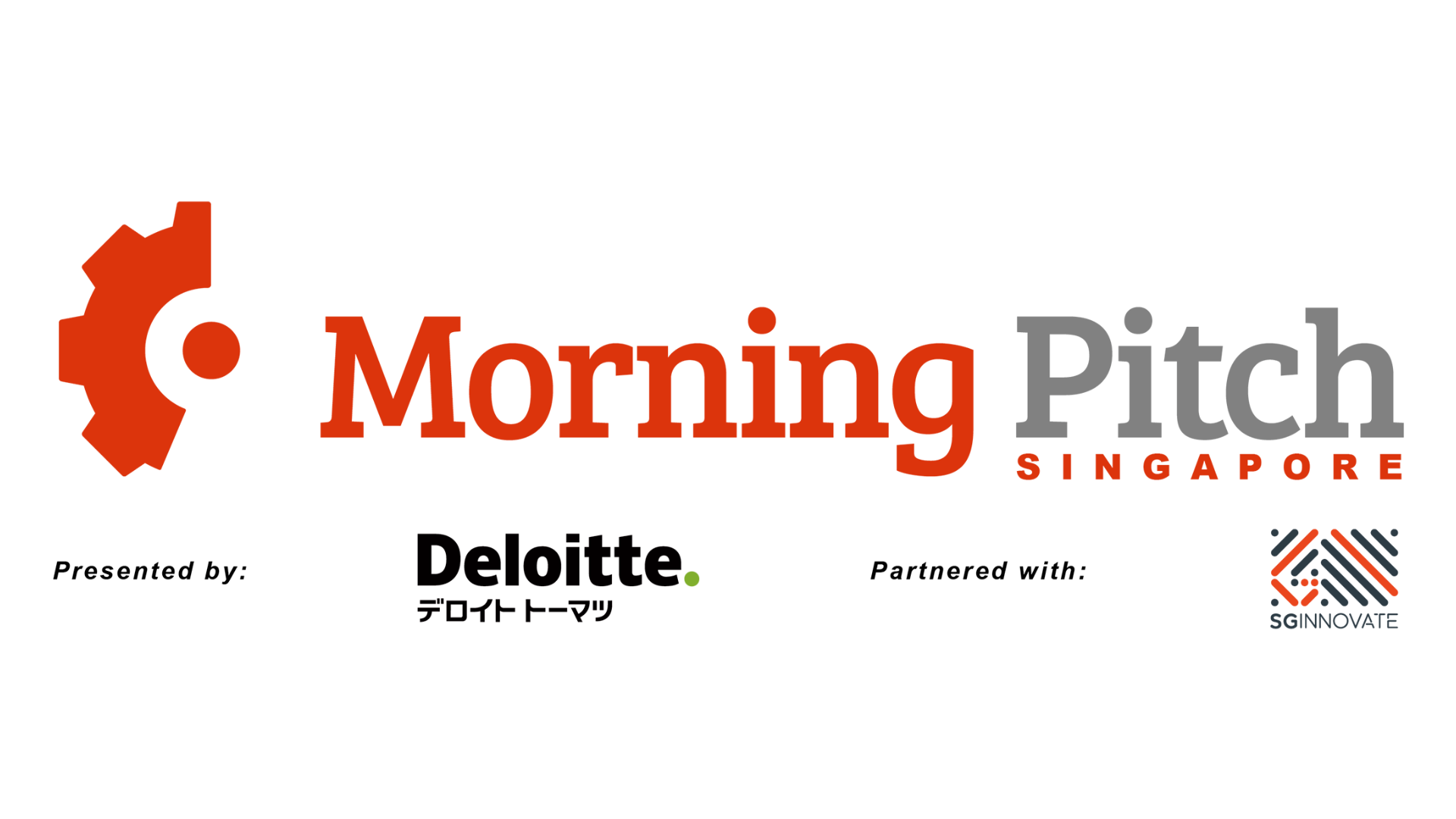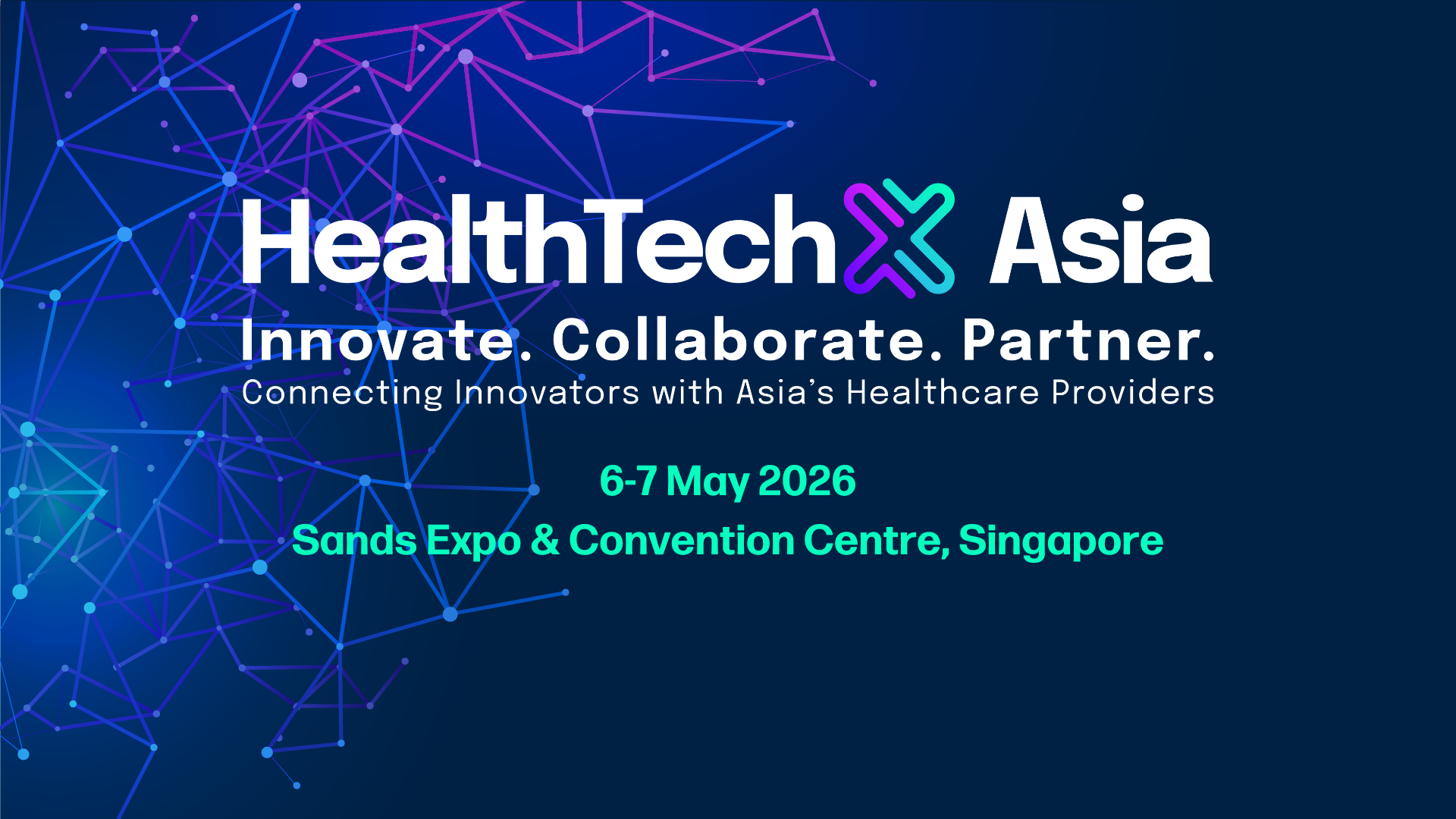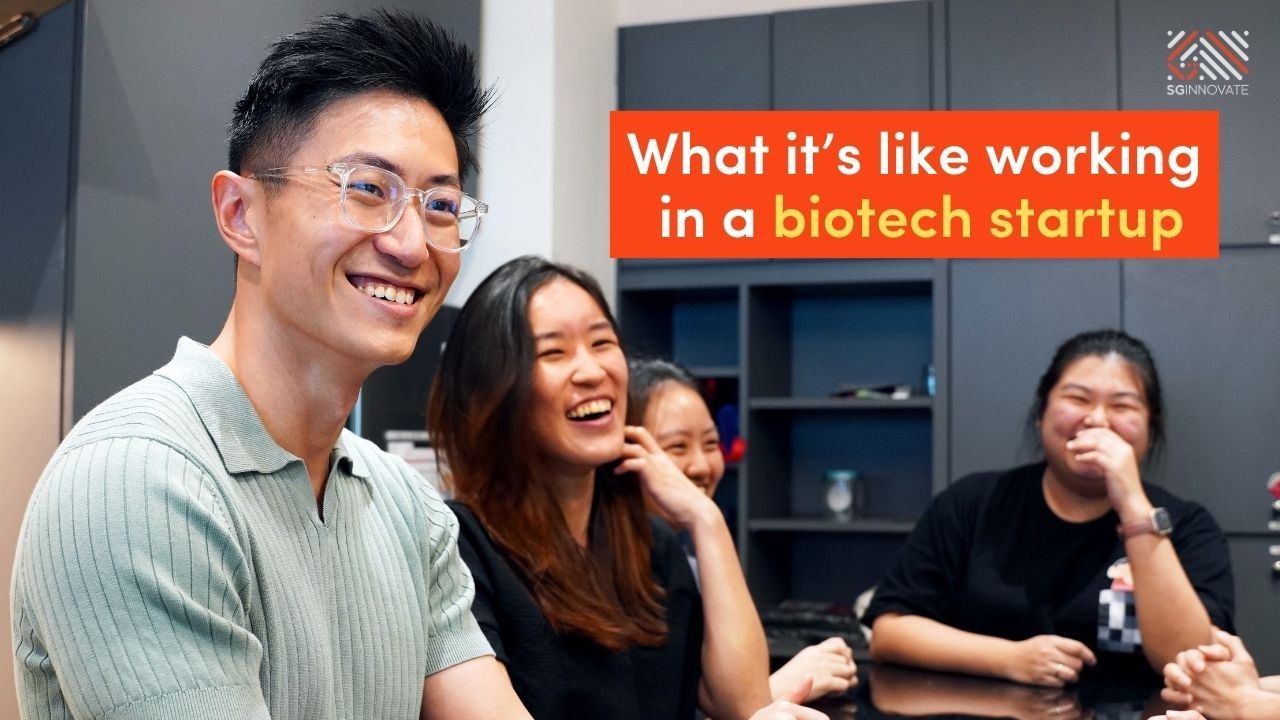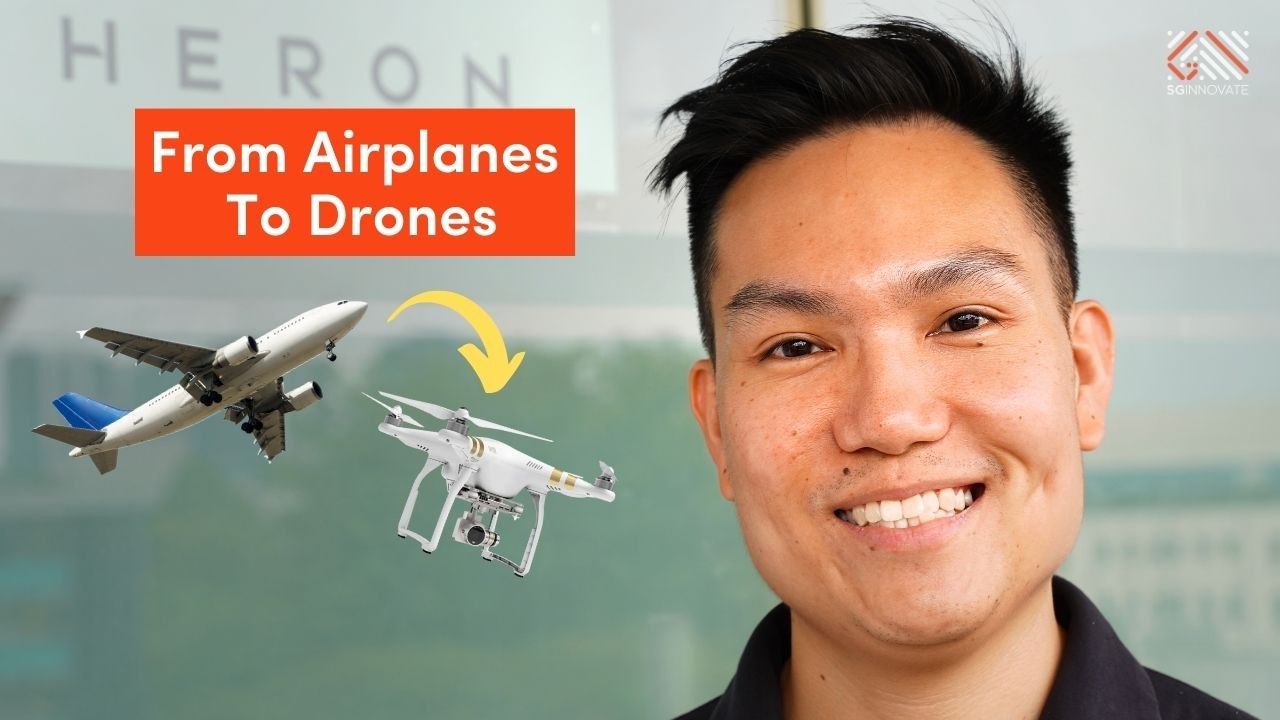Upcoming Events

Co-host an event with us.
Keen to explore a Deep Tech topic further?.
Let's get in touch.
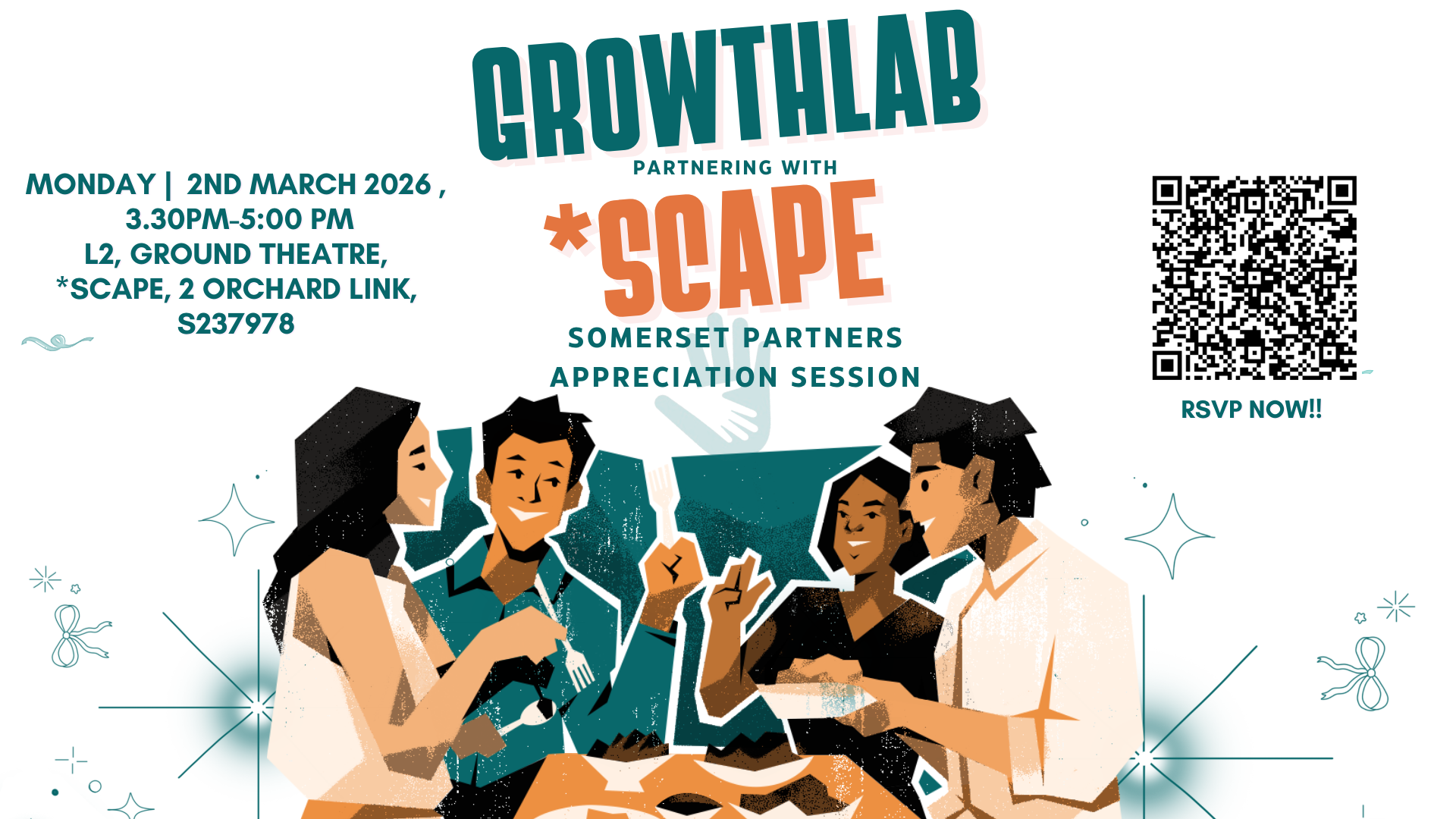
GROWTHLAB & *SCAPE (Somerset Partners Appreciation Session)
Food Services
+28
Health and Biomedical Sciences
Construction
Defence and Security
Carbon Markets
Academia
Electronics
Agriculture and Aquaculture
Energy and Chemicals
Financial Services
Aerospace
Government
Food Manufacturing
Information and Communications
Logistics
Intergovernmental Organisations (e.g. WHO, IMF, UN, EU)
Mining and Quarrying
Hospitality and Tourism
Manufacturing
Marine and Offshore
Professional Services
Real Estate
Non-Governmental Organisations (e.g. WEF, UNICEF, WWF)
Power and Electricity
Water and Waste Treatment
Precision Engineering
Others
Wholesale and Retail Trade
Trade Associations and Chambers
Mar 02, 2026
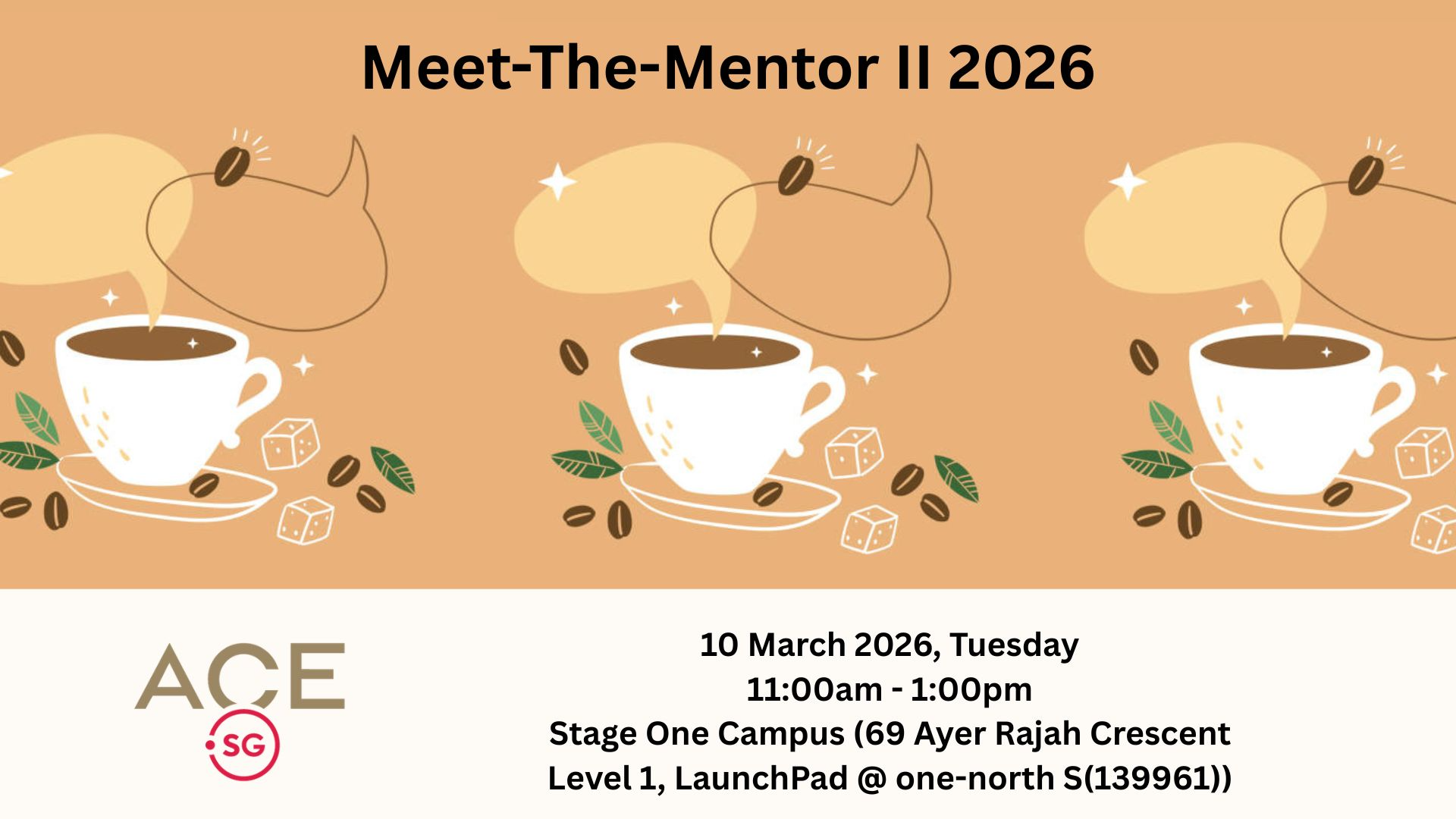
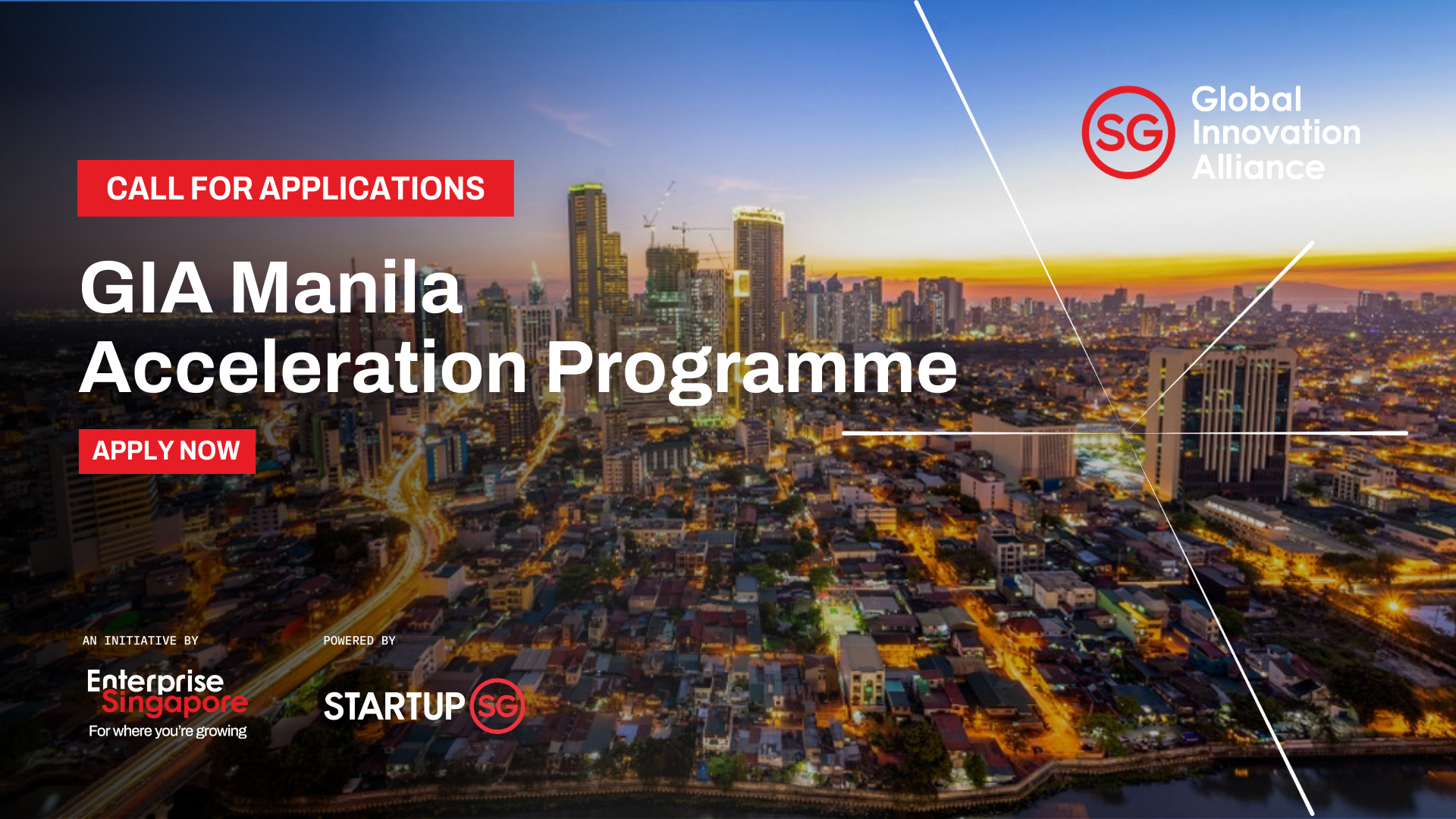
GIA Manila Acceleration Programme
AgriTech and FoodTech
+23
Data Analytics
MedTech and Digital Health
Edge Computing
Human-Machine Interfaces
Internet-of-Things
Nanotechnology
Semiconductors and Microelectronics
Quantum Technologies
Robotics and Autonomous Systems
SpaceTech
Smart Cities and Infrastructure
Sustainability and ClimateTech
Trust Technologies
Photonics
Others
Artificial Intelligence
Advanced Materials
BioTech
Communications and Connectivity
Augmented Reality (AR) and Virtual Reality (VR)
Cybersecurity
Additive Manufacturing
Blockchain
Food Services
+23
Health and Biomedical Sciences
Construction
Defence and Security
Carbon Markets
Academia
Electronics
Agriculture and Aquaculture
Energy and Chemicals
Financial Services
Aerospace
Food Manufacturing
Information and Communications
Logistics
Hospitality and Tourism
Manufacturing
Marine and Offshore
Professional Services
Real Estate
Power and Electricity
Water and Waste Treatment
Precision Engineering
Others
Wholesale and Retail Trade
Mar 21, 2026




